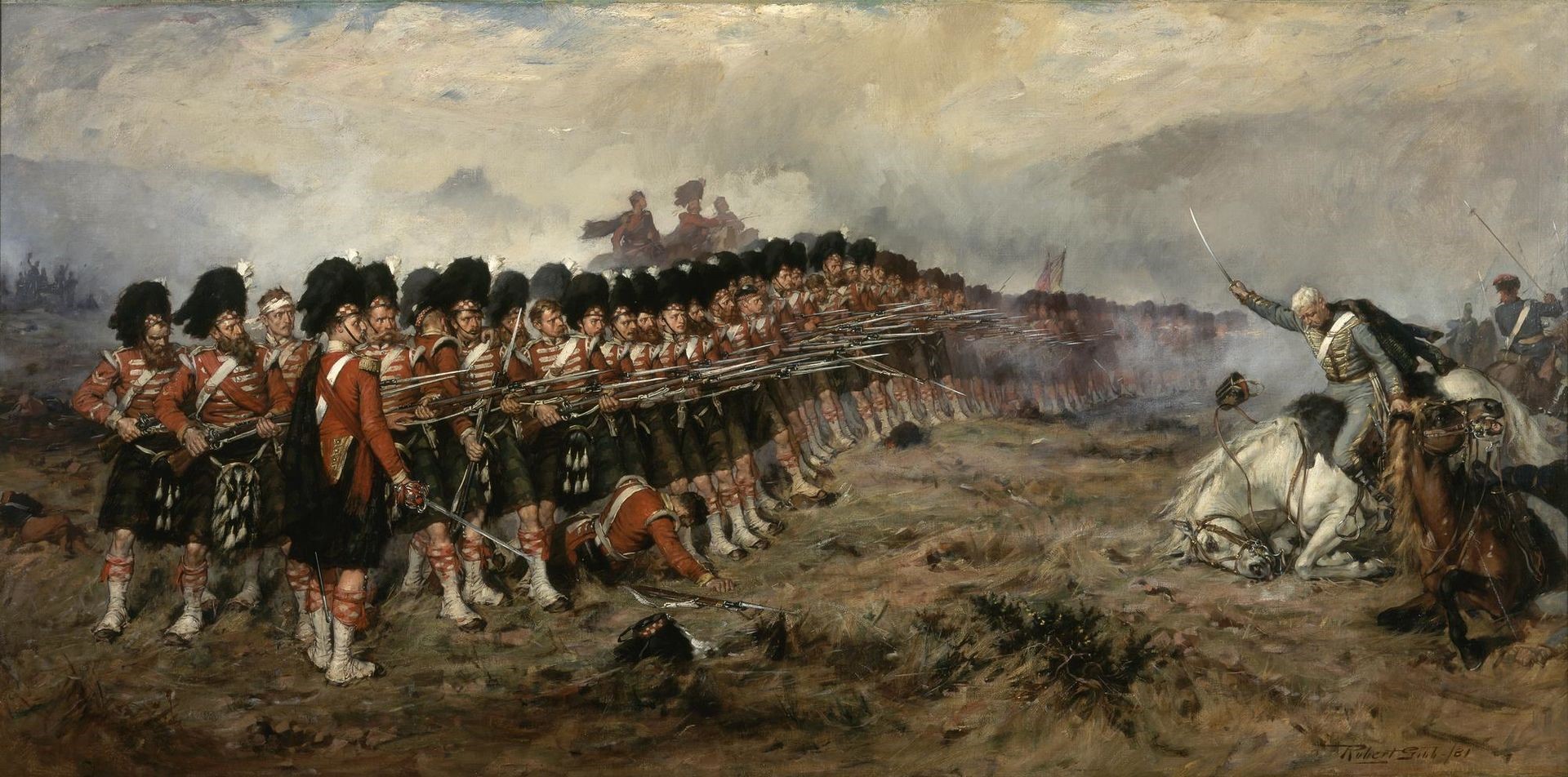Thank you, James Cleaver, for a killer question!
The simple answer is that they do both: guns protect people and guns kill people; or perhaps it is more accurate to say that guns are used to protect people and guns are used to kill people. The more interesting cases arise when the two coincide, that is, when guns are used to kill people in order to protect people (other people, presumably); and never do the two coincide more often than in the context of war.
I work in a library (bear with me). My boss is one of the most colourful characters I have ever met. He is an aging hippy; he looks like a wizard. He is a pacifist, but also a tank fanatic. I pointed out the irony to him on one occasion, but he had an explanation locked and loaded. He told me that tanks in fact save lives, because they assist in winning battles quickly and efficiently. Now, what is a tank but a big gun on wheels? So, here we have a gun that saves lives (according to a wonderful hippy wizard, at least). What about guns in general? Do they save lives?
I tried to figure out whether the invention of the gun has made war deadlier. The first device identified as a gun appeared in China around AD 1000; it was a bamboo tube that used gunpowder to fire a spear (sources below). Now, throughout human history, there have been 25 wars with over 2 million deaths. 5 of them came before AD 1000; they resulted in around 77 million deaths. The other 20 have come since; they resulted in around 330 million deaths. So, since the invention of the gun, around 4 times as many people have died as a result of war (wars with over 2 million deaths, at least). But we also need to factor in the total number of people. Since the first appearance of our species 50,000 years ago, 108 billion of us have been born (give or take a few). 47 billion were born before AD 1000; the other 61 billion have been born since. Some quick maths later… 17 in every 10,000 people died as a result of war before AD 1000; 54 in every 10,000 people have died as a result of war since. We may conclude, then, at long last, that since the invention of the gun, war has been around 3 times as deadly.
But is the gun really to blame? Alas, not necessarily. Just because one event comes before another does not mean that the first event caused the second. Just because a rooster crows before sunrise does not mean that the rooster causes the sun to rise. Just because the invention of the gun came before a threefold increase in the deadliness of war does not mean that the gun is to blame. But it no doubt played a role. As for the extent of that role, I will leave for you to ponder.
Sources:
What do you think? Do guns save lives? Let us know in the comments.
And, as always, if you have a question for the Armchair Philosophers, don’t hesitate to get in touch. You could send us a message or fill in this form.
Image: The Thin Red Line, oil on canvas, by Robert Gibb, 1881
I did a BA in Mathematics and Philosophy at Lancaster University, followed by an MPhil in Philosophy at the University of Warwick. I spent a lot of time studying Kant (his first Critique), the philosophy of mind, and the philosophy of language. My favourite philosophical idea is Quine's idea that the common-sense theory about physical objects and the gods of Homer are both just posits; the only difference is that the theory of physical objects turned out to be more efficient – that was the last idea to truly blow my mind.

